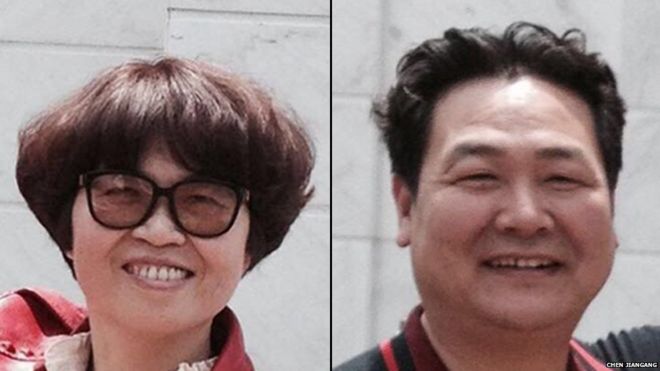By Christine Khamis
Impunity Watch Reporter, Asia
ISLAMABAD, Pakistan –
Over a dozen people were killed on Monday morning in a suicide attack, while an estimated twenty were wounded. Four women and two children are among the dead.

A suicide bomber detonated a vest containing explosives after shooting his way into a district court compound in the town of Shabqadar, about 20 miles north of Peshawar. The bomber shot a police officer once he had forced his way into the compound, then detonated his vest. Another officer was killed when he tried to subdue the bomber and prevent him from entering the courtroom, in which family disputes were being decided at the time.
Jamaat-ul-Ahrar, a removed branch of militant group Tehrik-e-Taliban Pakistan, which is part of the Taliban, has claimed responsibility for the bombing. Jamaat-ul-Ahrar’s spokesman, Ehsanullah Ehsan, said in an email statement that the bombing was in retaliation for the execution of Malik Mumtaz Hussain Qadri. Mr. Ehsan claims that Mr. Qadri was innocent and executed against Allah’s laws. He has also stated that his faction will continue to conduct attacks on Pakistani courts.
Mr. Qadri was recently sentenced to death for killing Salman Taseer, the governor of Punjab Province. Punjab’s governor had previously called for reform of blasphemy laws which require death for insulting Islam.
Pakistan’s Prime Minister, Nawaz Sharif, has issued a statement denouncing the attack. He states that Pakistan is united in its commitment to eliminate this type of “menace” and commemorates those who died trying to prevent the bomber’s attack.
The bombing was the second suicide attack of its kind so far this year. In January, Taliban suicide bombers attacked Bacha Khan University in the Charsadda district, killing 21 students and teachers.
Taliban militants have engaged in uprisings against Pakistan’s government since 2007 as part of their effort to enforce more strict interpretations of Islamic laws.
For more information, please see:
Al Jazeera – Suicide Attack Hits Pakistan – 7 March 2016
CNN – At Least 13 Killed, Including 2 Children, in Pakistan Suicide Attack – 7 March 2016
The New York Times – Suicide Attack at Pakistani Court Compound Kills Over a Dozen – 7 March 2016
Reuters – Pakistani Militants Say Blast at Court That Kills 10 Was Revenge – 7 March 2016


